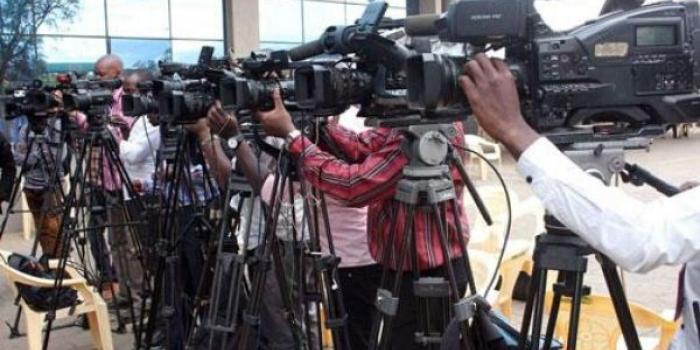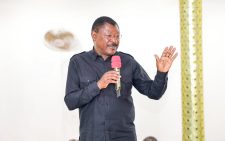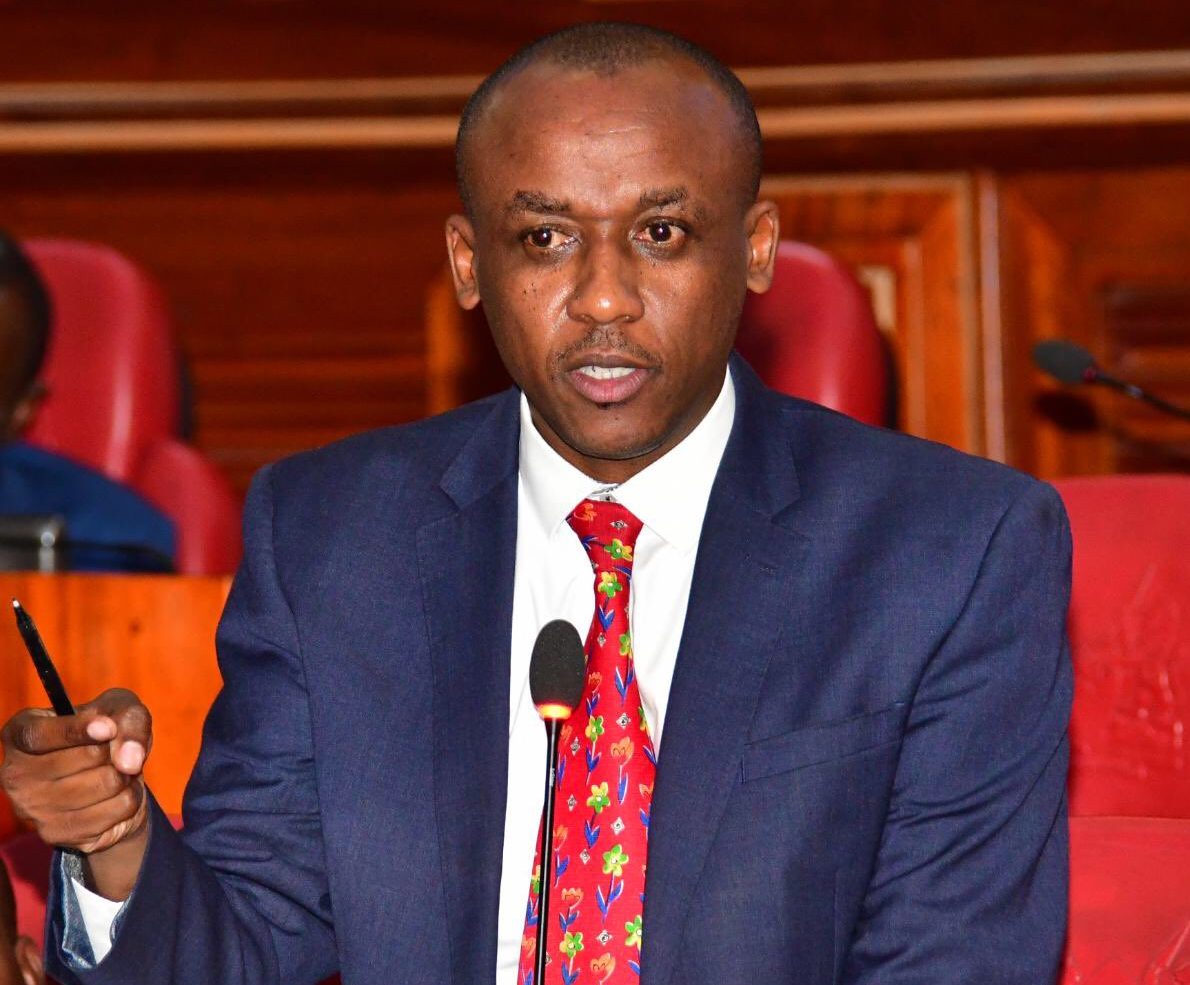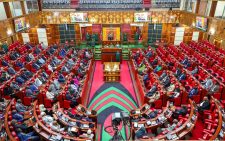Media must defend truth, democracy at all times

Last Thursday, the Daily Nation re-published on its Today in History page a picture taken 31 years ago when I and colleagues at the then Society Weekly political magazine had been charged at the Mombasa Chief Magistrate’s Court with 11 counts of sedition.
That case lasted four years in courts and involved going to Mombasa for mention twice in a month and reporting at Central Police Station in Nairobi twice in a week. I was to have numerous other similar court cases thereafter.
I have opted to reflect on the status of the media in Kenya today and briefly share the experience of that incident in 1992. So because, unfortunately, long gone are the days when media practitioners were a pool of brave and truthful men and women of the pen driven by truth, passion, probity, accountability, principles and research as the uncompromisable tenets defining purveyors of information in a manner that unequivocally characterises membership in the Fourth Estate.
Today’s media now operates in an environment where truth has become thinner while research, probity and accountability have vanished together with the credibility that they represent. The politician forms the daily morning and evening panel of experts in every subject on our radio and TV sets.
I worked for the then fierce—some called it radical — Society Weekly where I was the News Editor and Pius Nyamora the Publisher and Editor-in-Chief, Blamuel Njururi Managing Editor and Mwenda Njoka the Deputy Managing Editor Mwangi Chege was the Deputy News Editor while Laban Gitau and Macharia Mugo were senior reporters. Fred Geke, George Obanyi and Mburu Mucoki completed the sub-editors’ desk. Learning the ropes of the journalism trade was Tom Osanjo. I was arrested and spent the entire Easter period incommunicado at Ongata Rongai police post (now station) before being driven to Mombasa where I was charged with 11 counts of sedition together with Nyamora, his wife Loise, Njoka and Gitau and spent harrowing days with hard core criminals at Shimo La Tewa Prison after being denied bail.
The stint at Shimo La Tewa was most excruciating. The nauseating meals aside and as well as the horrifying stories from my fellow inmates—most of them capital offenders—we were forced to squat naked every morning on two lines— one for men and the other for women – for medical check-up. Mind you, Mrs Nyamora was much older than us and was our boss as a co-director of our employer.
The purported medical examination entailed a warder pinching your private testicles and if one writhed in pain they were then declared fit. We were granted bail after several days.
Kenya’s journalism has walked very intricate terrains. The freedoms we have today did not come easily. It took the sacrifices of bold men and women from all walks of life and professions for them to be realised. We should never let them down. After the formation of the Grand Coalition Government following the 2007/8 post-election violence, the media elected—without even being courted—to go to bed with the politician. Unfortunately, the politician woke up and left the bed while the journalist is still stuck in the politician’s bedroom even after the politician has changed houses.
There are always signs that the State can reverse at will and choice all the gains we have made. It is the duty of the media to resist those attempts. Kenya’s media must defend truth, values and democracy at all times. This is an obligation. Kenya’s journalists must forever be the watchdog of the society. They must remain the Fourth Estate. However, to achieve that, the journalist must first leave the bedroom of the house the politician abandoned a decade ago.
— The author is the Revise Editor, People Daily newspaper: kwayeram@yahoo.co.uk












